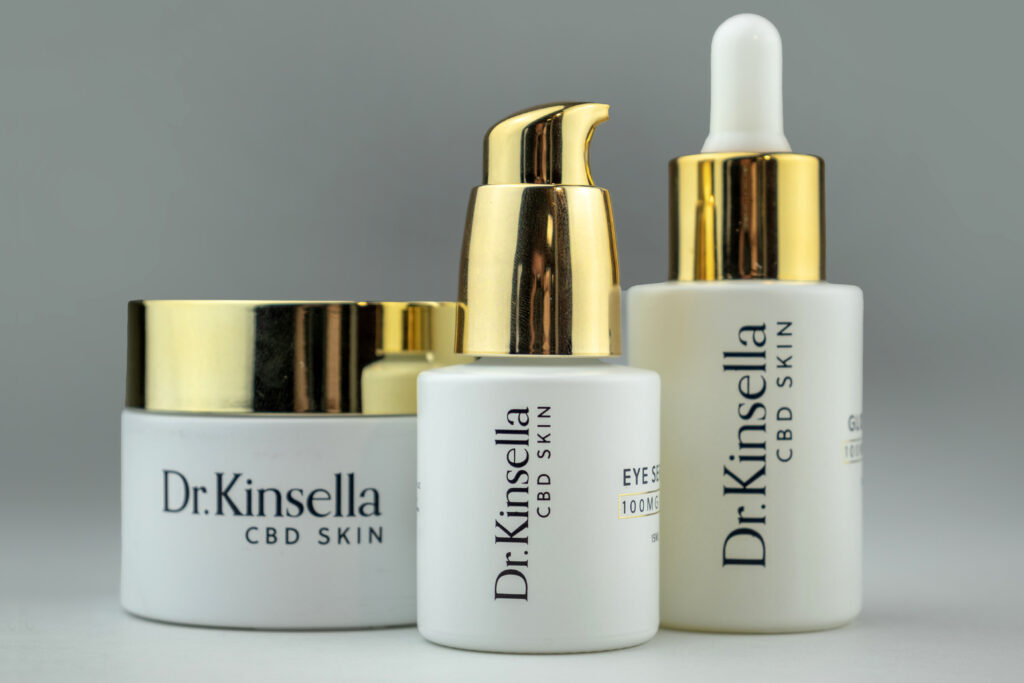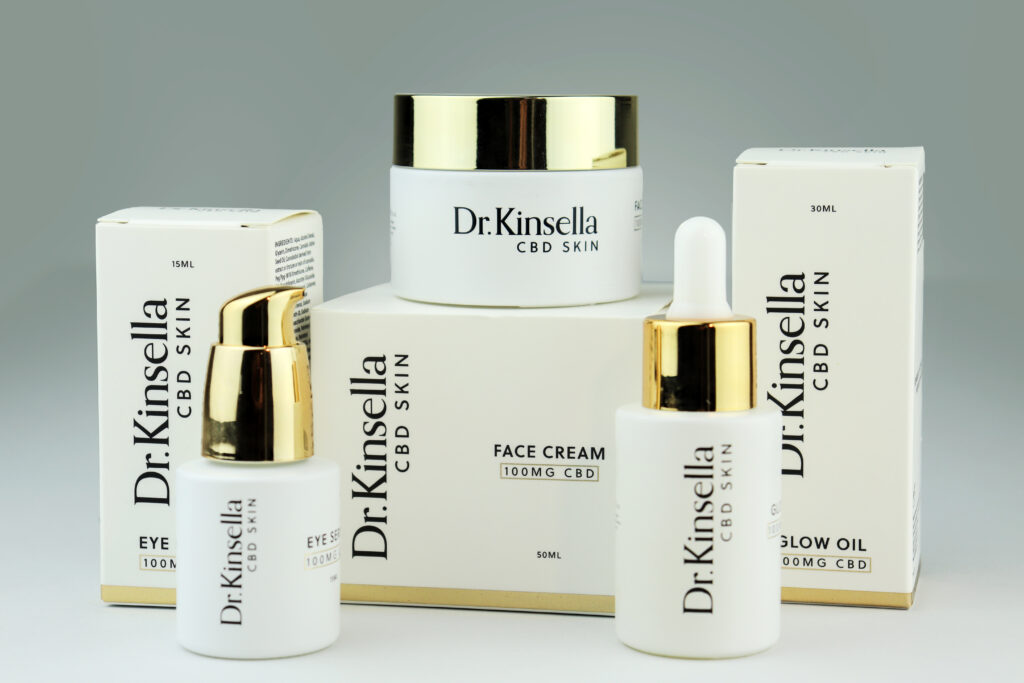GLOW OIL
FACE CREAM
EYE SERUM
Vitamin C For Skin: Benefits and Uses

Key points
- Vitamin C is a powerful antioxidant that protects the skin from free radical damage, improves collagen production, and evens out skin tone. Vitamin C also has potent anti-inflammatory properties and helps to manage cosmetic issues like hyperpigmentation.
- Our bodies don’t naturally produce vitamin C, which is why it’s crucial to get it from other sources such as a healthy diet and topical products. While this nutrient is very good for the overall health, it doesn’t really deliver any visible results for the skin when consumed through food. If you want to moisturise your face and reduce the signs of ageing, it’s better to apply vitamin C topically through skincare products.
- Products formulated with this vitamin can be applied both in the evening and in the morning, and they are generally well-tolerated by all skin types. Even a small concentration of this ingredient in a cream or serum will improve your skin health and appearance. Vitamin C is safe for daily use.
- Dr. Kinsella eye serum, face cream, and glow oil all feature vitamin C in their formula to help your skin look healthy and youthful.
Vitamin C is one of the most popular and vital ingredients in skincare. It is used in all types of products due to its impressive antioxidant and anti-inflammatory properties. In addition, vitamin C has been shown to help with a variety of issues starting from hydrating the skin to helping to reduce the visibility of ageing signs. While it’s essential to include food rich in this vitamin in our diet, it’s best to apply it topically if you want to get all the skin-related benefits of the nutrient. If you haven’t already included this powerful ingredient in your skincare routine, keep reading this article to learn why you need to go shopping for new products right away!
What is Vitamin C?
Vitamin C is a water-soluble nutrient with potent antioxidant, anti-ageing, and anti-pigmentation properties. Its main function in the body is to decrease and prevent the damage caused by free radicals – harmful molecules that affect the DNA and have an adverse effect on skin texture, colour, moisture barrier, and overall cell functioning.
Vitamin C is one of the essential nutrients our body needs to maintain healthy tissue repair and growth. Since we cannot produce vitamin C on our own, we have to get it from other sources such as fruits and vegetables or topical creams and other skincare products. The best way to fully reap all the benefits of this wonderful antioxidant is to get it both from your diet and from topical products.
Vitamin C Benefits For Skin
Vitamin C is one of the most potent ingredients used in skincare, offering a plethora of benefits. Here are some of the things it can do for your skin:
Promote Collagen Production
Vitamin C contributes to collagen synthesis in our bodies. Collagen is an essential protein that supports the skin and gives it its structure. This protein makes the skin look young and plump. But when we start ageing, collagen production slows down, and collagen already present in the skin begins to break down, leading to the appearance of ageing signs like wrinkles and fine lines. Thus, vitamin C is vital for healthy skin and hair, strong muscles, and tendons, as it boosts the production of this essential protein.
Protect Against Free Radicals
Vitamin C is one of the best antioxidants that protects and promotes skin health. Unfortunately, every day our skin is exposed to different environmental stressors such as UV light and pollution, which increases the amount of free radicals in the body. Free radicals destroy the skin’s collagen, which results in cosmetic issues such as wrinkles, fine lines, dark spots, and saggy skin.
Manage Hyperpigmentation
Hyperpigmentation usually results from overexposure to the sun and environmental stressors. While hyperpigmentation is generally harmless for our general health, it can make a person appear older. But vitamin C is very effective at evening out the skin tone and lightening dark spots and post-inflammatory hyperpigmentation. It acts by blocking the pigment synthesis pathway, which helps to decrease discolouration.
Reduce Dark Circles Under Eyes
Dark circles under the eyes are something that a lot of people experience, as this is one of the most widespread results of our hectic lifestyles that cause general fatigue. Luckily, ingredients like vitamin C work perfectly to alleviate this issue. A small study found that this ingredient is effective for managing dark circles and can also prevent them from occurring by making the gentle skin under the eyes stronger and firmer. Because of its antioxidant properties, vitamin C makes the skin more resilient, helping the dark blood vessels underneath the skin become less visible.
Hydrate the Skin
Keeping our skin hydrated is vital if we want it to look healthy and glowing. Vitamin C has been shown to help the skin retain moisture and maintain a healthy water balance, thus preventing it from becoming too oily or dry. In addition, researchers have found that including products with vitamin C in your skincare routine helps keep the skin moisturised and increases its elasticity.
Help with Redness
Skin redness can result from many different environmental factors, including UV light exposure or skin conditions such as rosacea, eczema, and other medical causes. If you struggle with skin redness, try to include products that contain vitamin C in your skincare routine. Due to its anti-inflammatory and antioxidant properties, this ingredient helps to manage unwanted redness. It also repairs broken capillaries which often cause skin redness.

Using Vitamin C to Improve Your Skin Condition
Vitamin C is well-tolerated and beneficial for all skin types. If you want to get the benefits of this nutrient, you can either ingest it through food or apply it topically.
Nutritional Intake
Following a healthy diet is crucial for skin health, thus the more foods rich in vitamin C we consume – the better. Vegetables and fruits like oranges and berries are packed with this nutrient, and their consumption can definitely promote your overall health. However, this may not be enough to deliver visible results for the skin. This is because if we consume vitamin C through our diet, it affects only deeper skin structures, but not the ones visible to the world. That’s why applying topical products enriched with this vitamin is more effective.
Topical Vitamin C
When we apply vitamin C topically, it’s absorbed directly by the outer layers of the skin, which allows it to act immediately and deliver visible results. Topical products enriched with this ingredient smooth out the skin, alleviate fine lines and dark spots, and destroy free radicals. Today, you can find a vast variety of products that contain this vitamin, from face creams to serums and glow oils. However, you don’t necessarily have to go for products that contain higher concentrations of this ingredient, as even as little as 1% can provide your skin with all the benefits.
Kinsella Vitamin C Products
If you’re looking for certified, premium-quality skincare products enriched with vitamin C, check out the skincare line developed by Dr. Martin Kinsella. Dr. Kinsella anti-ageing face cream contains all the best and most effective ingredients that help to alleviate ageing signs. It can be combined with Dr. Kinsella glow oil which makes the skin look more healthy and lends it a youthful glow.
Many dermatologists say that vitamin C is most effective when it’s used in the form of a serum. This is why you shouldn’t skip out on the premium eye serum by Dr. Kinsella. It’s a hydrating and weightless serum that gets rid of dark circles and puffiness while being extremely gentle on this sensitive area.
Vitamin C Side Effects
Vitamin C is generally safe for all skin types, and it can be used daily. However, if you use products that contain a very high concentration of this acid, you may experience irritation, especially if the vitamin is combined with other acids. If you have very sensitive skin, it could be a good idea to apply a small amount of product to the skin first and see whether there is any reaction.
If you have oily or acne-prone skin, you should stay away from oily products. Instead, opt for light, con-comedogenic creams and serums such as Dr. Kinsella eye serum and face cream.
How to Use Vitamin C
Many people debate when it’s better to apply vitamin C products to the skin. Some say that you should use them in the morning to protect the skin from free radicals for the entire day, while others believe this potent ingredient is best used before bedtime to allow it to do its work while you sleep. Regardless of the time of day when you choose to apply products with vitamin C, the key is to stay consistent.
You can also use this ingredient twice a day, but make sure to follow the instructions on the product’s label. If your skin is very sensitive, you can start by applying vitamin C products a few times a week, gradually increasing the frequency of application.
FAQs
Is vitamin C good for face skin?
Yes, vitamin C is very beneficial for the skin on your face, and it has strong antioxidant and anti-inflammatory properties. It makes the skin more hydrated, evens out the skin tone, and reduces the appearance of wrinkles and fine lines. This nutrient also protects the skin against free radical damage.
Can I use vitamin C on my face every day?
Yes, you can use vitamin C every day or even twice a day, but if you’re using a high-concentration product, start by applying it every other day to build up a tolerance.
How often should you use vitamin C on your face?
Vitamin C products can be used daily and even twice a day. However, if you have sensitive skin, it’s better to start by applying vitamin C skincare products a few times a week and then increase the frequency of their use over time.
What happens if you use too much vitamin C on your face?
High amounts of vitamin C can cause skin irritation, especially if it’s combined with other acids. Remember that you don’t necessarily have to use this ingredient too often or in high amounts to reap all the benefits, as the key is to stay consistent.
Does vitamin C reduce wrinkles?
Yes, vitamin C can alleviate signs of ageing, such as wrinkles and fine lines. While it can’t reverse or completely stop the ageing process, it can definitely make cosmetic issues less visible by hydrating the skin and reducing the harmful effects of free radicals.
